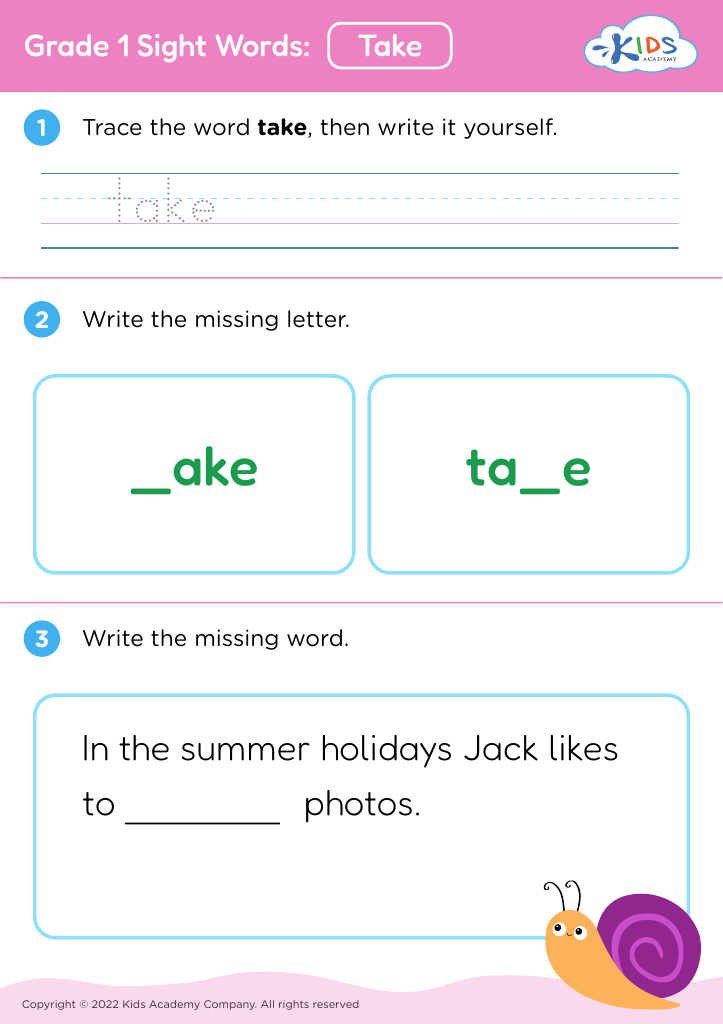Mathematical problem-solving Worksheets for Ages 4-9
8 filtered results
-
From - To
Discover our engaging Mathematical Problem-Solving Worksheets tailored for children aged 4-9! At Kids Academy, we focus on developing critical thinking and analytical skills through fun and challenging activities. Our thoughtfully curated worksheets cover essential math concepts, including addition, subtraction, patterns, and shapes, ensuring children build a solid foundation. Interactive and visually appealing, these worksheets aim to make learning enjoyable. Perfect for classroom use or at-home practice, they're designed to cater to different learning styles and paces. Unlock your child's potential today with our expertly crafted math problem-solving resources. Start your child's numeracy journey with us!
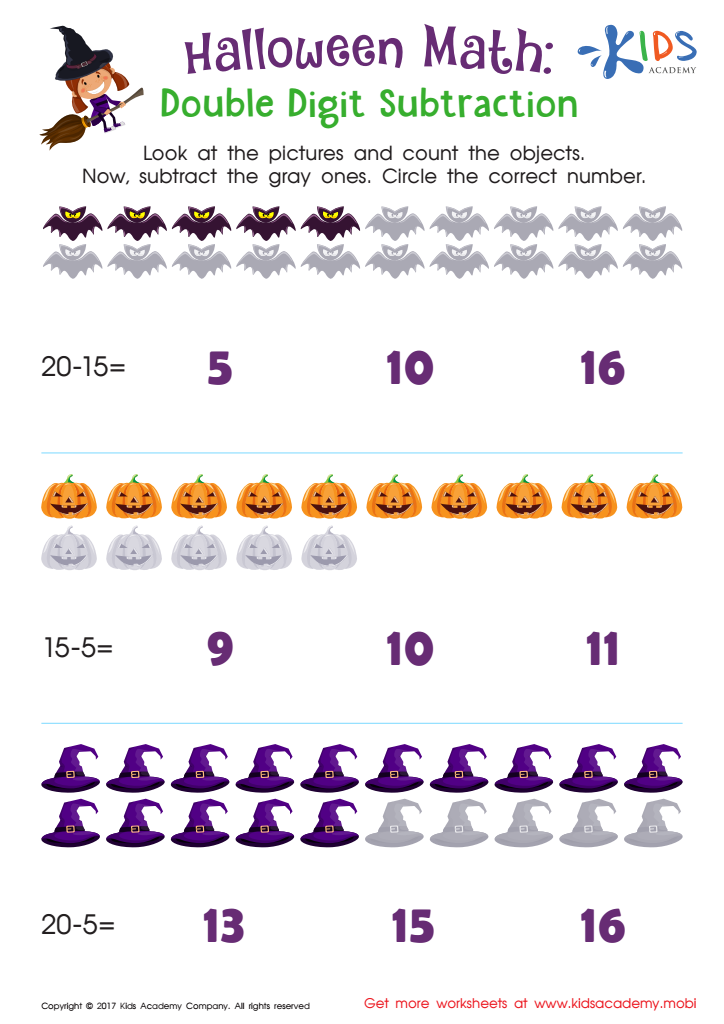

Halloween Math Subtraction Worksheet
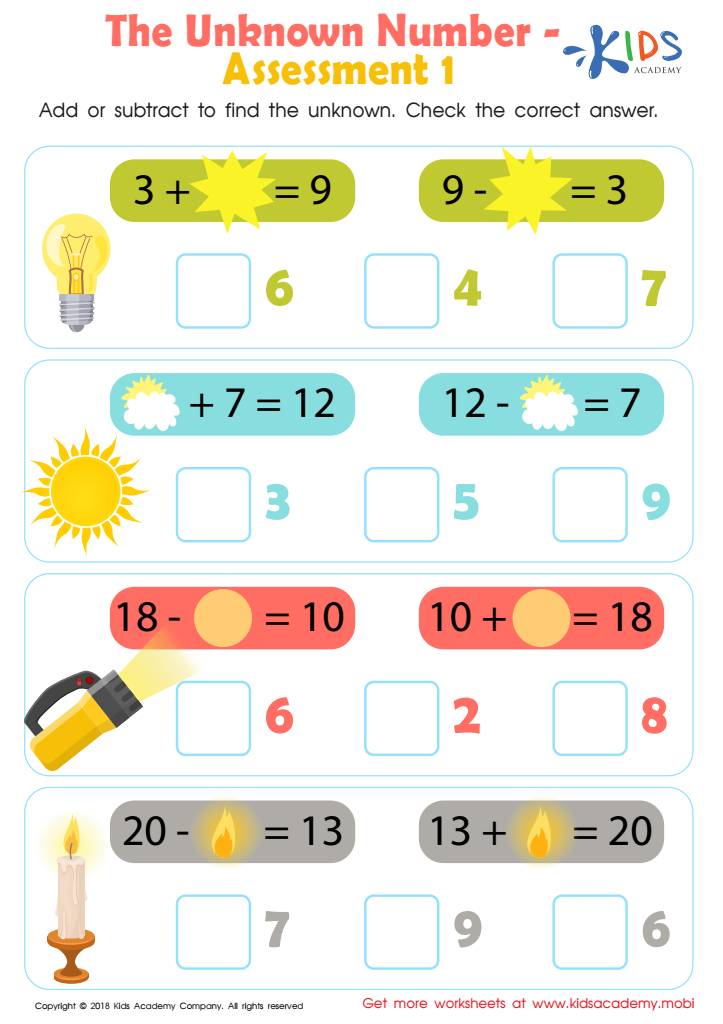

The Unknown Number: Assessment 1 Worksheet
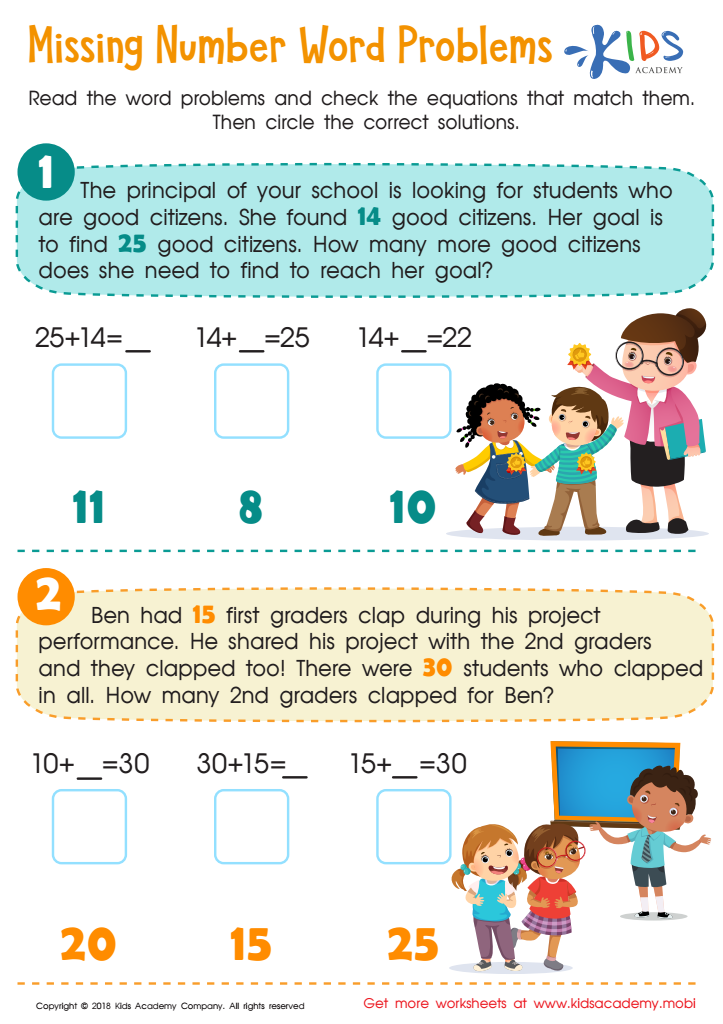

Missing Number Word Problems Worksheet
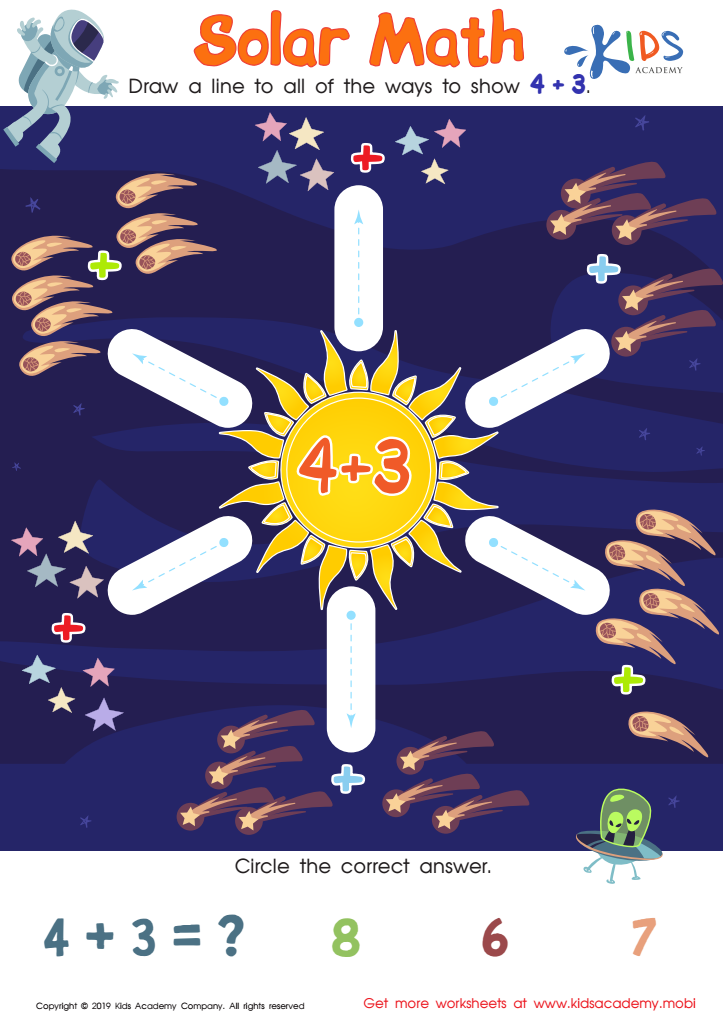

Solar Math Worksheet
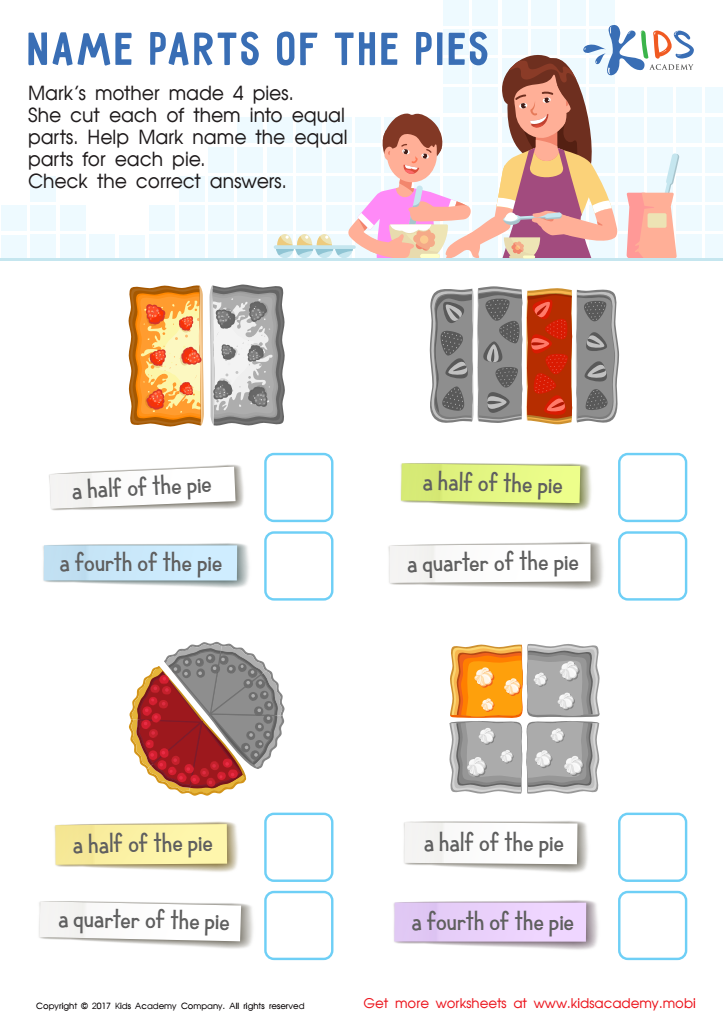

Name Parts of the Pies Worksheet


Comparisons Worksheet
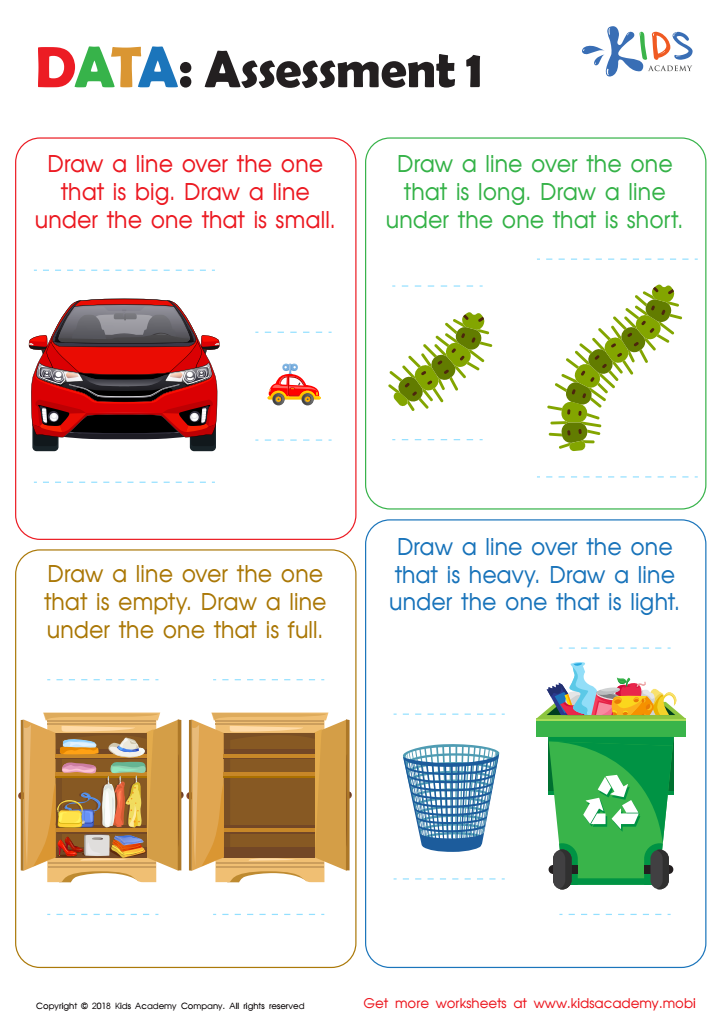

Data: Assessment 1 Worksheet
Mathematical problem-solving is a critical skill that forms the foundation for logical thinking and cognitive development in children aged 4-9. At this young age, engaging in math problem-solving can enhance a child's ability to reason, make decisions, and solve challenges, skills that extend beyond math and are valuable in everyday life. Parents and teachers should care about fostering these abilities because they encourage a growth mindset, where children learn that persistence and effort lead to success.
Furthermore, early exposure to math enhances spatial awareness and numeracy, helping children grasp fundamental concepts more easily as they progress through their education. Problem-solving activities promote curiosity and creativity, as kids learn to see patterns and relationships in numbers and shapes.
This practice also nurtures patience and resilience, as children will encounter challenges and learn the importance of trying different strategies and approaches. Additionally, strong problem-solving skills are linked to better academic performance not only in math but across all subjects, leading to overall improved educational outcomes.
Equipping young learners with robust mathematical skills sets them on a path for future academic and personal success. Thus, it's imperative for parents and teachers to encourage and support mathematical problem-solving at these formative ages.

 Assign to My Students
Assign to My Students
